Health Benefits of L-Tyrosine
Tyrosine, or L-tyrosine, is one of 20 amino acids that help build proteins. It is considered a “non-essential amino acid” because the body makes it from another amino acid called phenylalanine. This means you don’t need to get tyrosine from foods, although obtaining more from your diet can be helpful.
Tyrosine is an important precursor to neurotransmitters and substances like epinephrine, norepinephrine and dopamine, which means it helps the body produce chemicals that support your thyroid, energy and mood. This is why some people claim that taking this amino acid can help “speed up your metabolism.”
Yes — both dopamine and norepinephrine (also called noradrenaline) production are impacted by the amount of tyrosine you eat or obtain from supplements. Dopamine and norepinephrine are manufactured from tyrosine with the help of several other nutrients, such as folate, B vitamins, copper and magnesium.
Health Benefits
1. Protects Against Stress and May Help Manage Symptoms of Depression
What does L-tyrosine do for the brain?
It helps the brain produce certain stimulating and “feel good” neurotransmitters. Production of neurotransmitters is influenced by your diet, especially the amount and types of amino acids you consume. Tyrosine influences levels of dopamine, which regulates your reward and pleasure centers, and adrenaline, which is responsible for your “fight-or-flight response” when you’re under stress. Stressful situations increase the release of catecholamines, which can result in the depletion of their levels. According to studies investigating L-tyrosine’s effects on stress, the amino acid can help bring levels back up, offering protection against cognitive decline and mood-related changes due to stress (mostly physical stress).
Consuming more of this amino acid may be helpful for people under a lot of stress or who suffer from depression because when levels of dopamine and norepinephrine drop, symptoms like irritability, fatigue and moodiness tend to increase. A 2016 article published in Annals of Neuroscience states:
Depression has been linked to disruption in the cerebral levels of specific neurotransmitters. L-tyrosine is a precursor of more than one of the neurotransmitters affected by depression … many studies have suggested using L-tyrosine as an antidepressant.
There’s some evidence that having higher levels of tyrosine can help improve your mood and increase alertness, the ability to cope with stress and general cognitive functioning. According to some studies, such as one published in the Journal of Psychiatric Research in 2015, it also may be useful during times of physical stressors, including those of interest to the military, such as when soldiers are exposed to cold stress, high-altitude stress or extended wakefulness.
2. Can Help Increase Energy and Mental Performance
Does tyrosine make you sleepy?
Not usually. In fact, it tends to do the opposite. While tryptophan is known for increasing drowsiness, tyrosine is thought to boost focus and performance.
How does tyrosine give you energy?
Research suggests that during stressful situations it may help decrease mental fatigue and help with cognitive functions, including memory. L-tyrosine is said to have stimulating effects, which is why it can potentially be used to improve learning and alertness while decreasing brain fog.
One noteworthy effect of taking this amino acid is improving alertness during times of sleep deprivation. One study found that tyrosine helped improve alertness for about three hours among people who were sleep-deprived due to working overnight. Participants in the study remained awake throughout the day on which the experiment began and were awake for more than 24 hours by the end of testing. Six hours after the experiment began, half of the subjects received 150 milligrams per kilogram of body weight of tyrosine (in a split dose) while the other half received a placebo. Those given tyrosine experienced a significant reduction in mental performance decline on the psychomotor tasks lasting about three hours compared to the control group study.
3. May Support Weight Loss
Is L-tyrosine good for weight loss?
According to University of Michigan Medicine, “There are no studies specifically showing that L-tyrosine helps to promote weight loss.” However, when used in combination with other natural fat-burning substances, such as cayenne, green tea and caffeine, there’s some evidence that it may help with fat loss in overweight adults, although only slightly. A 2007 study. found a very modest reduction in weight of about 0.9 kg when tyrosine was taken by overweight adults along with capsaicin, catechines and caffeine.
Can tyrosine cause weight gain?
It shouldn’t, even if it doesn’t necessarily lead to weight loss or influence your appetite. However, there is evidence that among people needing to gain weight, such as those recovering from anorexia, it may help improve appetite, cognition and exercise tolerance.
4. Supports Thyroid Health and Your Metabolism
What does L-tyrosine do for the thyroid?
Tyrosine is also a precursor to levothyroxine, a thyroid hormone that’s low in people with hypothyroidism or Hashimoto’s thyroiditis. In mice, tyrosine replenished thyroid hormones that were low due to stress. The thyroid hormones triiodothyronine (T3) and thyroxine (T4) help regulate growth and metabolism in the body. It’s important that T3 and T4 levels are neither too high nor too low. Supplementing with tyrosine may influence these hormones. This is because tyrosine is a building block for the thyroid hormones,
The thyroid gland combines tyrosine and iodine to make thyroid hormone. It’s used to make thyroxine, a type of thyroid hormone. Thyroxine is the main hormone secreted into the bloodstream by the thyroid gland and helps regulate your metabolism and control levels of T3 and T4 thyroid hormones. It’s important to produce enough thyroxine because this helps decrease symptoms of an underactive thyroid (hypothyroidism), which can include a sluggish metabolism, tiredness, being sensitive to cold, weight gain, constipation, moodiness and weakness.
On the other hand, people who have thyroid conditions characterized by an overactive thyroid, including hyperthyroidism and Graves’ disease, shouldn’t take tyrosine because this might increase thyroxine levels too much, which can interfere with the role of medications and make symptoms worse.
5. May Help Decrease Symptoms of Withdrawal
Studies have found that “dopamine ups and downs “ can leave people more vulnerable to addictions. The Integrative Psychiatry website states: Dopamine, epinephrine, and norepinephrine, (catecholamine’s), are responsible for motivation, energy, interest, sexual functioning, pleasure/reward, drive, attention and concentration. They are associated with positive stress states such as being in love, exercising, listening to music, and sex. Deficient levels contribute to difficulty initiating or completing tasks, depression, poor concentration, low energy and lack of motivation. Addictive behaviours such as alcohol, drug use, cigarettes, gambling, and overeating may also occur
Ongoing research suggests that tyrosine may be useful for managing symptoms of heroin withdrawal and alcohol withdrawal, along with decreasing alcohol consumption when used along with the drug naltrexone. Taking a combination of tyrosine, 5-hydroxytryptophan (HTP), phosphatidylcholine and L-glutamine seems to have the most effects on improving moods and the ability to sleep in adults addicted to heroin and alcohol, likely because it helps balance levels of catecholamine’s.
In order for tyrosine to be converted into neurotransmitters, you also need to consume adequate amounts of certain other nutrients, including vitamin B6, folate and copper. This means that you should also include foods that are high in these nutrients in your diet regularly, such as eggs, grass-fed beef, leafy greens, asparagus, oranges, beans/legumes, almonds and other nuts, seeds like sunflower and chia seeds, whole grains like quinoa and wheat germ, avocado, and broccoli.

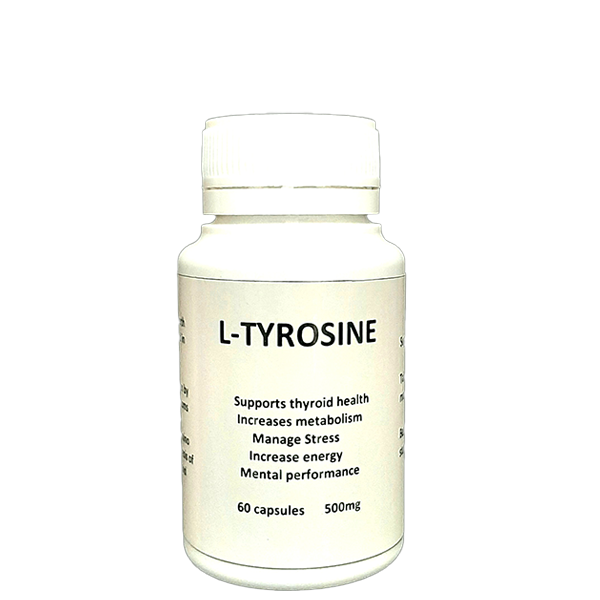
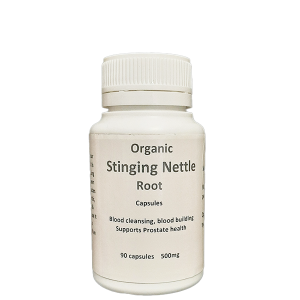
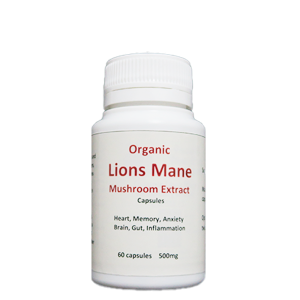
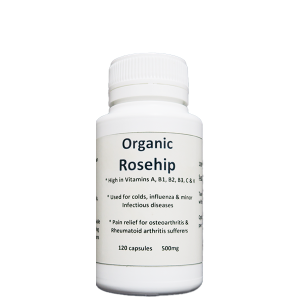
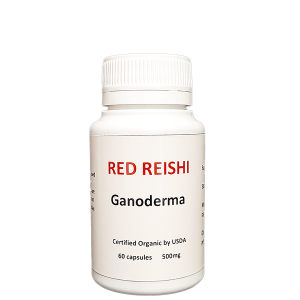
Reviews
There are no reviews yet.